
Download Our Pre-Listing Home Inspection Checklist
Sell Smart in NW Montana: Why a Pre-Listing Home Inspection is Your Best Move (Download our Pre-Listing Home Inspection Checklist here.) Selling your home is a significant undertaking, and in

Sell Smart in NW Montana: Why a Pre-Listing Home Inspection is Your Best Move (Download our Pre-Listing Home Inspection Checklist here.) Selling your home is a significant undertaking, and in

Is Your Stair Railing Safe? Understanding the Critical 4-Inch Baluster Rule As homeowners in the beautiful Flathead Valley, we cherish our homes for comfort, security, and beauty. But sometimes, the

Summer Fun, Montana Safe: How to Enjoy a Safe Father’s Day While Grilling Up Your Favorite Foods on the BBQ As the Montana sun warms up, thoughts turn to backyard
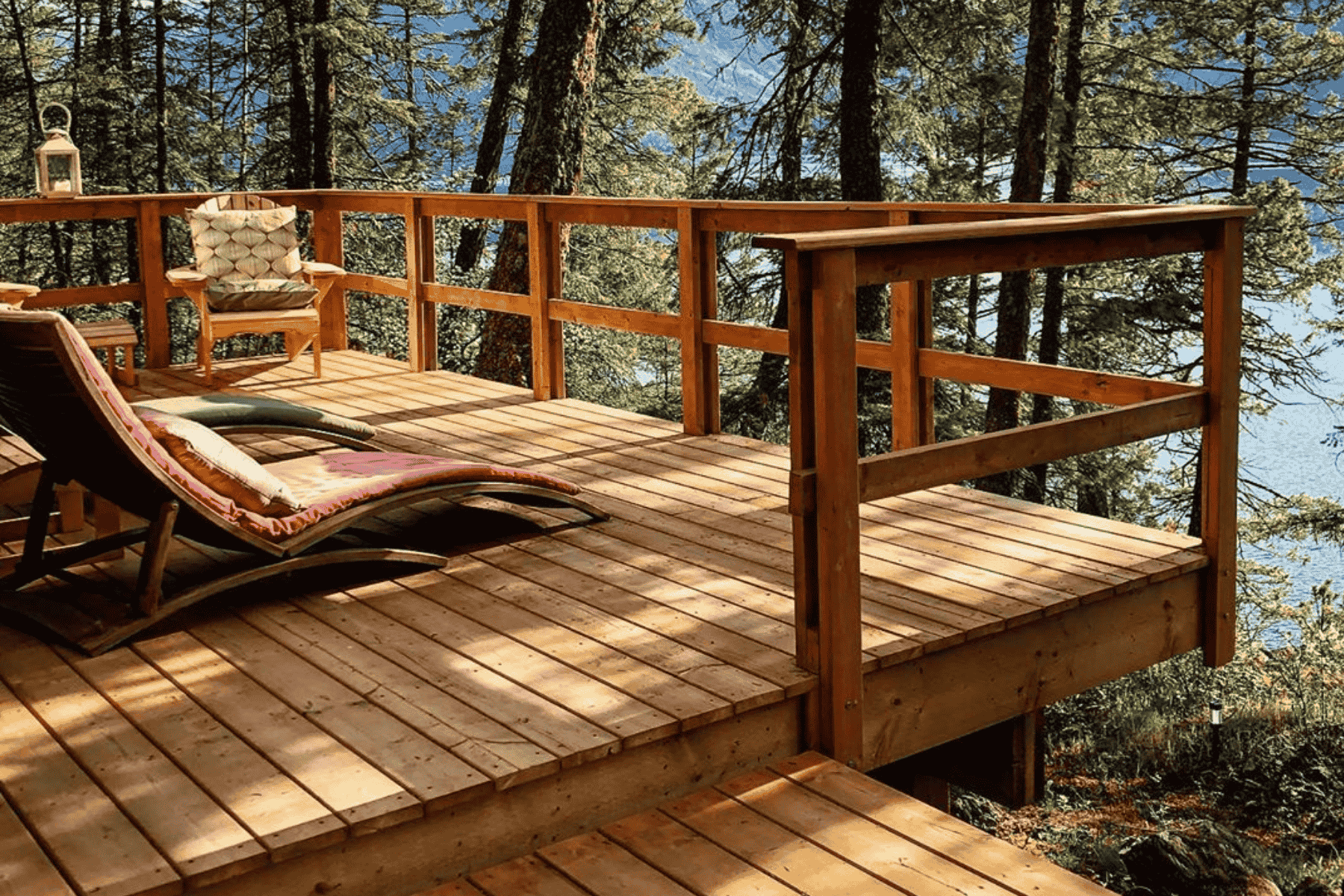
Protect Your Home: The Top 3 Summer Problems You Need to Watch For As the Flathead Valley warms up, homeowners are stepping outside, firing up the grill, and tackling those
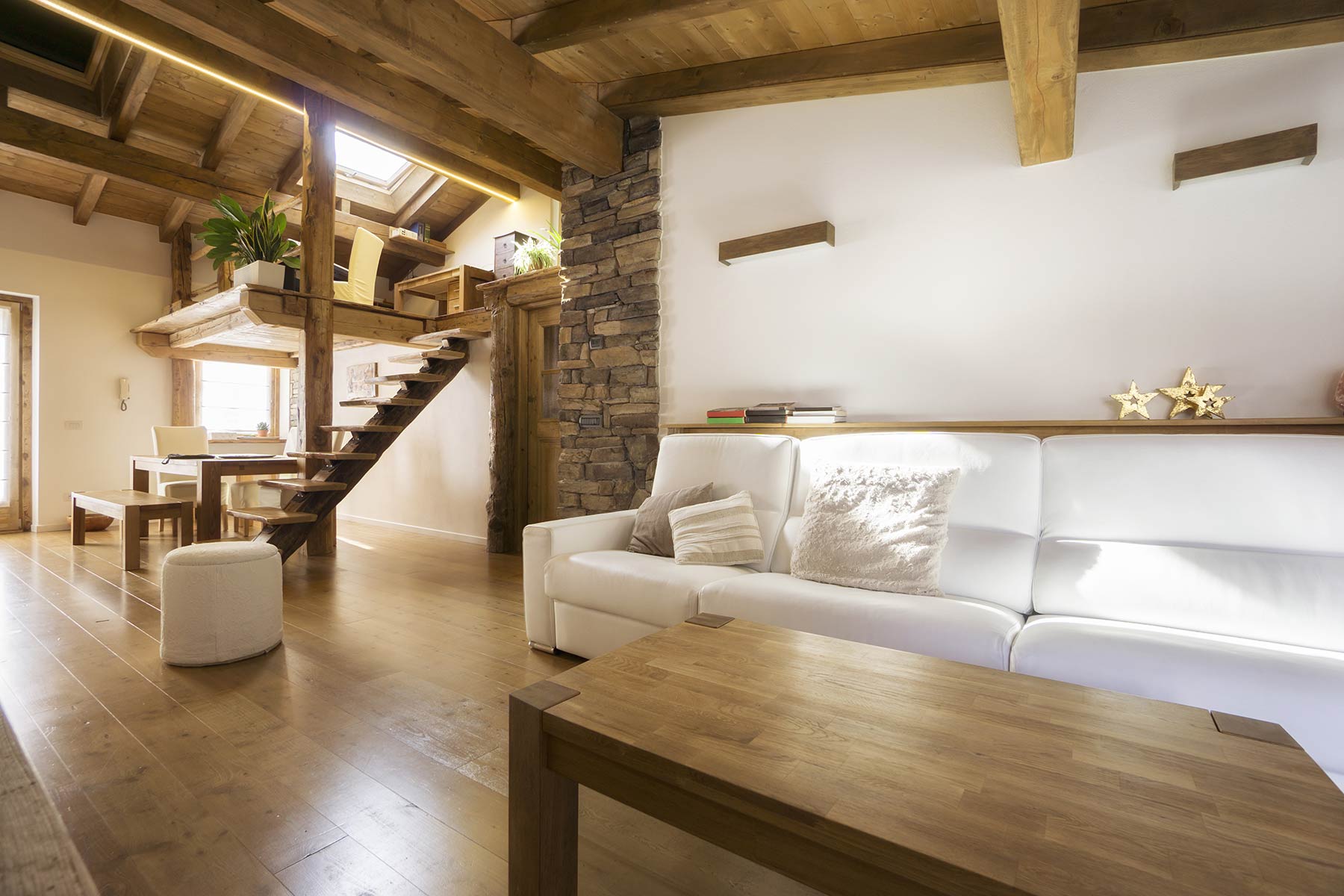
Unveiling the Mystery: Home Inspection vs. Appraisal
Buying a home is an exciting journey, but navigating the sea of paperwork and procedures can be overwhelming. Two frequently used terms, “home inspection” and “home appraisal,” often cause confusion. While both involve professionals examining your dream house, their purposes and outcomes are vastly different. Let’s demystify these terms and empower you to make informed decisions!
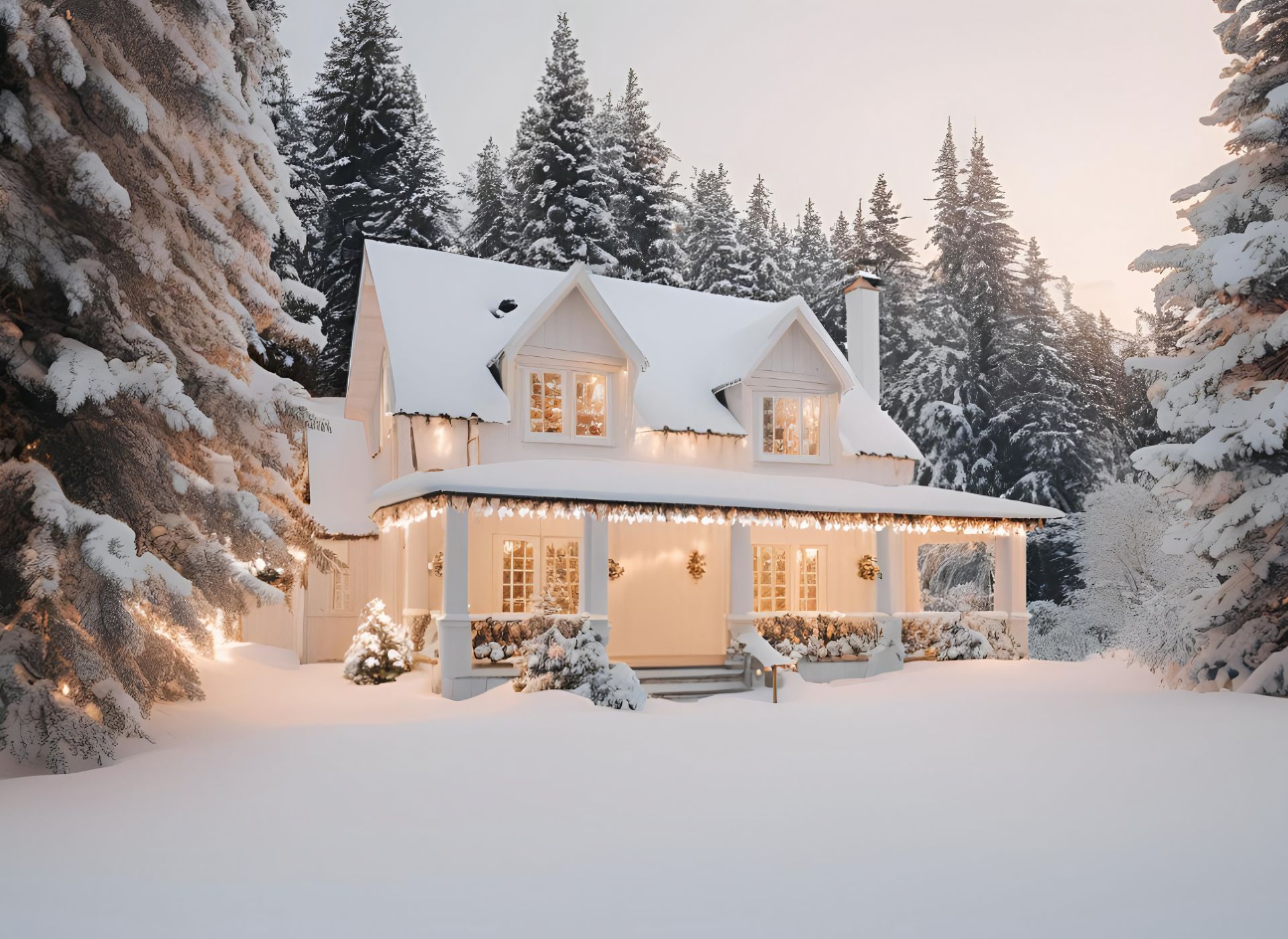
Preparing your home for winter. Winter weather can be harsh, so it’s important to prepare your home for the cold months ahead. By taking some simple steps, you can help
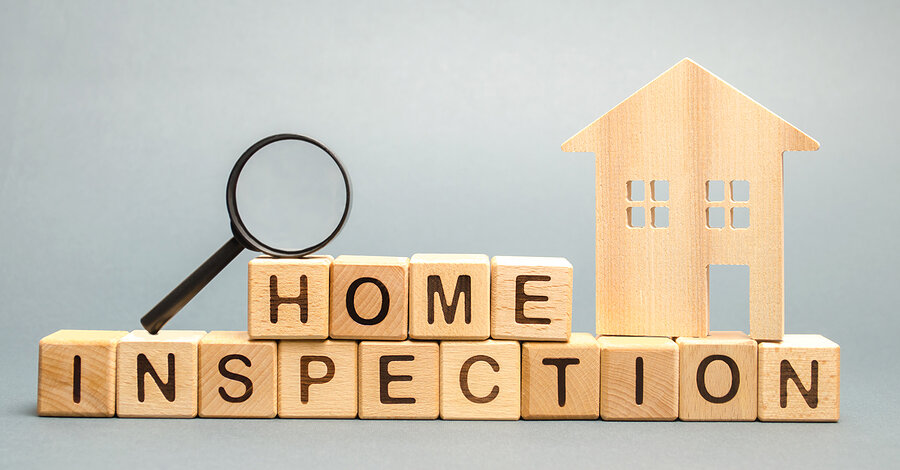
What is included in a Home Inspection: A home inspection is a visual examination of the physical structure and systems of a home to identify any potential problems or
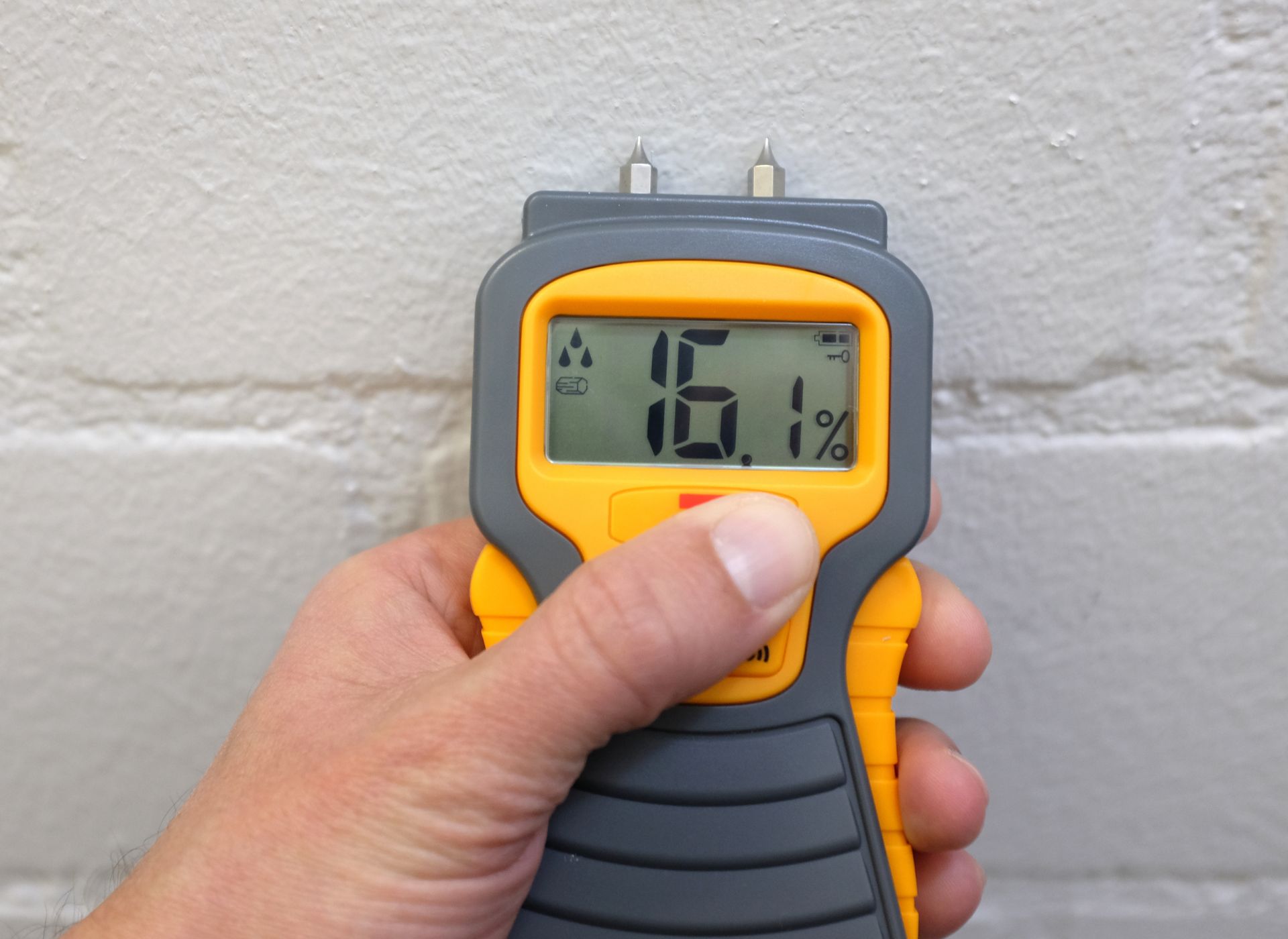
Moisture Problems in Your Home: Causes, Effects, and Prevention Moisture is a common problem in homes, and it can lead to a variety of issues, including mold growth, structural damage,
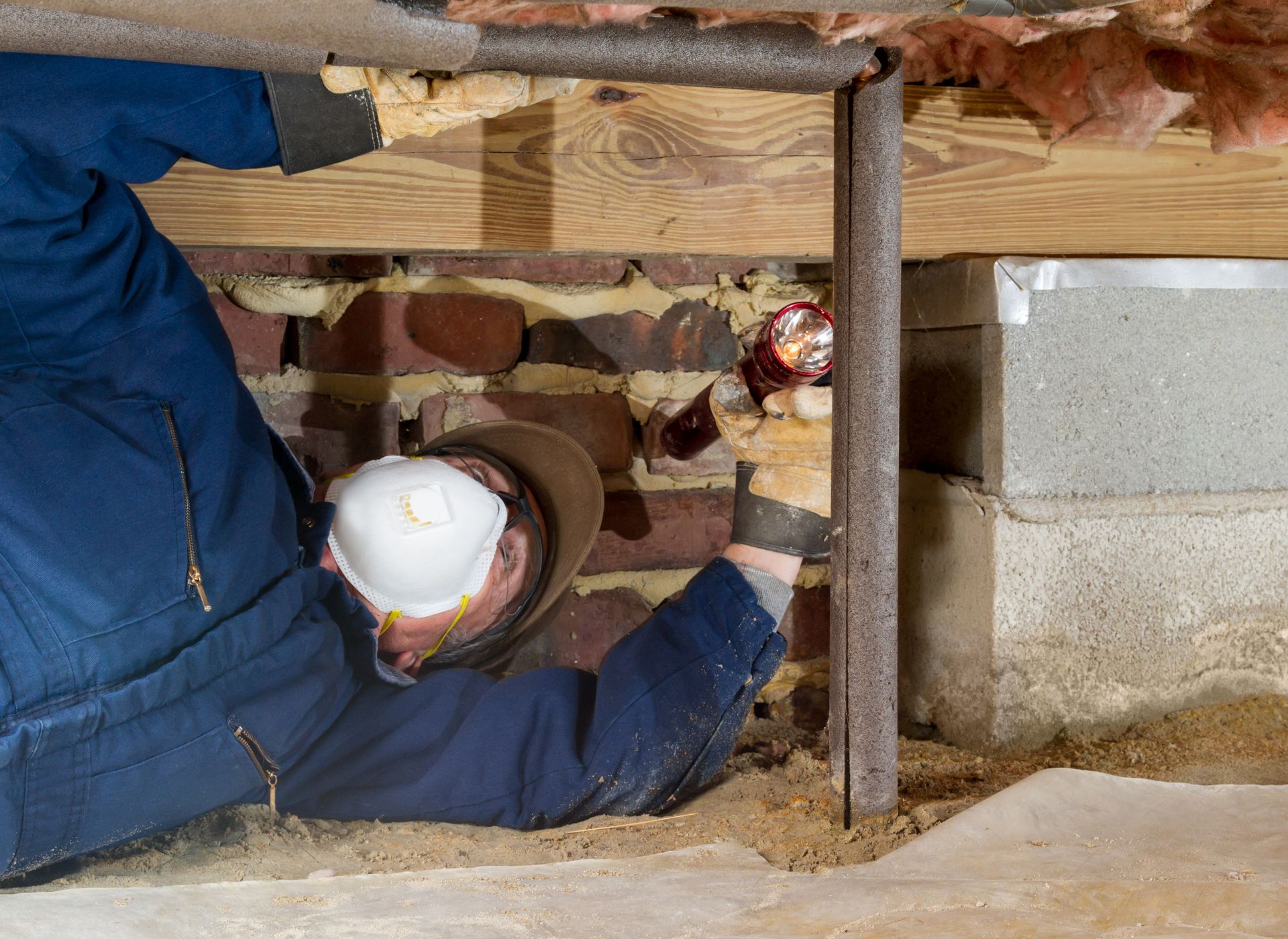
What to Expect During a Home Inspection Buying a home is a big decision, and it’s important to make sure you’re getting a good one. A home inspection can help
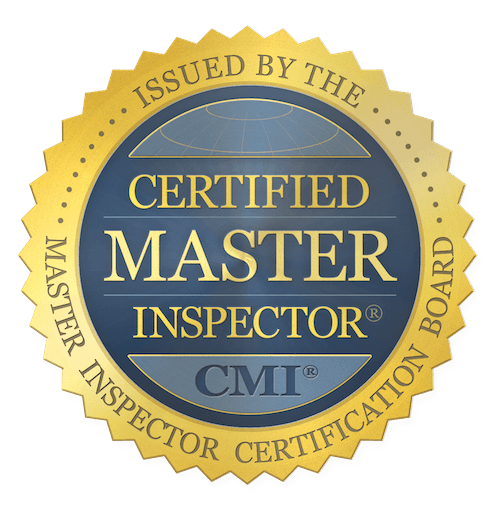
Stay Informed
Subscribe to our newsletter for the latest tips, insights, and updates to protect your home.